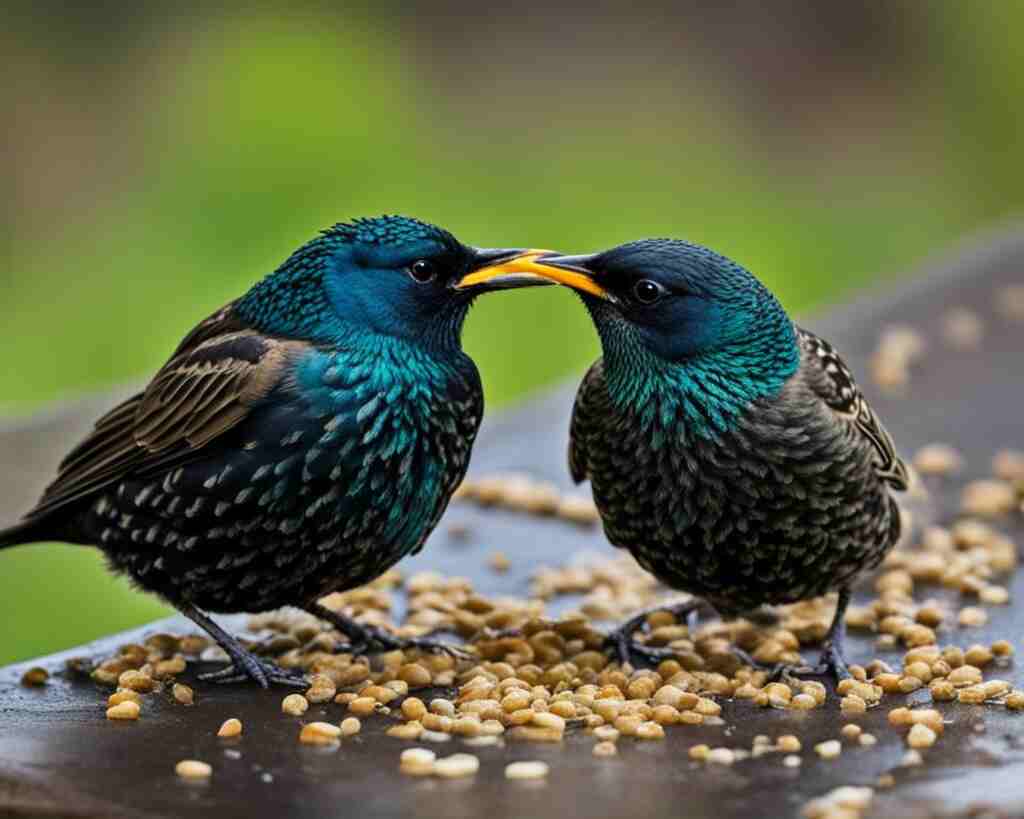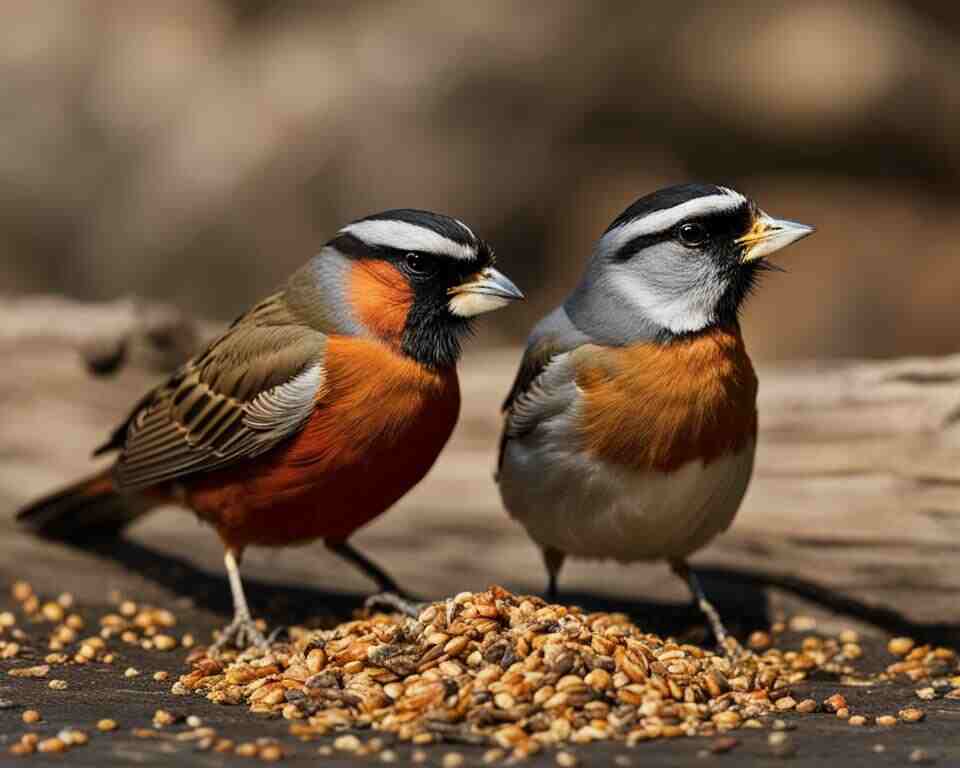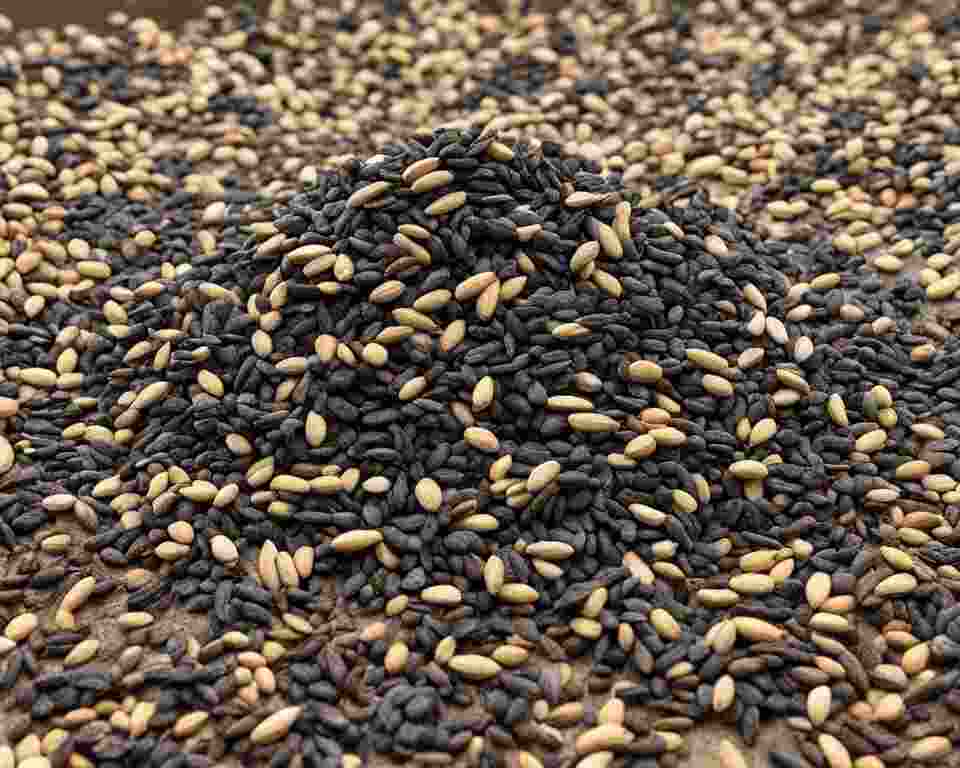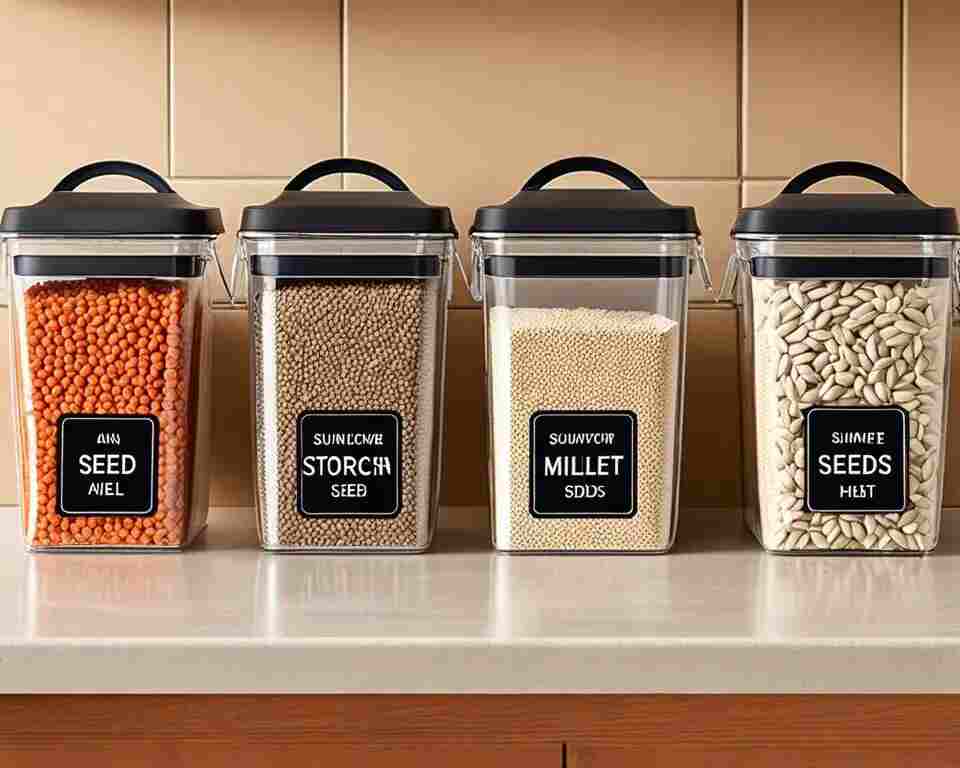Feeding birds is a cherished pastime for nature enthusiasts like me, but safeguarding the well-being of our feathered friends is paramount. Providing fresh and uncontaminated bird seed is crucial in this regard.
In this article, we’ll explore a key question: Can old bird seed hurt birds? Additionally, we’ll look into the risks associated with feeding birds expired seed, offering essential safety tips to ensure the health of our avian companions.
Table of Contents
Key Takeaways:
- Feeding birds with expired seed can have harmful effects on their health.
- Expired seed may lose its nutritional value and become contaminated with mold, bacteria, or fungus.
- Identifying warning signs of spoiled bird seed is crucial to avoid feeding it to birds.
- Spoiled or expired seed can lead to sickness, weakened immune systems, and even fatality in birds.
- Choosing local bird seed from trusted sources can provide fresher and higher-quality options.
Understanding the Risks of Feeding Birds with Expired Seed
Feeding birds with expired or spoiled bird seed can have detrimental effects on their health. Expired seed may have lost its nutritional value and can be contaminated with mold, bacteria, or fungus. These contaminants can lead to sickness and even death in birds. It is crucial for bird enthusiasts to understand the risks associated with expired seed to ensure the well-being of their feathered visitors.
There are various options available for bird seed storage containers. Plastic bins with secure lids are a popular choice as they are durable and easy to clean. Metal canisters and glass jars are also effective in keeping out pests. Avoid using cardboard or paper bags as they are susceptible to moisture and can attract pests.
Optimal Storage Locations: Balancing Convenience and Preservation
When it comes to choosing the storage location for your bird seed, it’s important to find a balance between convenience and preservation. Ideally, bird seed should be stored indoors in a cool and dry area. This helps maintain its freshness and prevents exposure to extreme temperatures, which can affect its nutritional value.
If storing seed indoors is not feasible, you can store it outdoors as long as you take proper precautions. Consider using weatherproof containers or storage sheds to protect the seed from the elements. Ensure that the containers are elevated off the ground and away from direct sunlight or areas prone to moisture.
Regular Seed Inspections: Preventing Bird Seed Contamination
To prevent bird seed contamination, it is essential to regularly inspect the seed for signs of spoilage or infestation. Performing visual checks can help identify any potential issues before feeding the seed to birds. Look for signs of mold, such as a musty odor, clumped or damp texture, or visible mold spots. Sprouting seeds or the presence of insects can also indicate spoilage.
| Signs of Spoiled Bird Seed | Actions to Take |
|---|---|
| Musty or moldy odor | Discard the seed and clean the storage container |
| Clumped or damp texture | Remove any clumps and ensure the seed is spread out |
| Sprouting seeds | Remove the sprouting seeds and ensure proper ventilation |
| Visible mold | Discard the seed and clean the storage container |
| Presence of live or dead insects | Discard the seed and clean the storage container |
Conclusion
Feeding birds can bring immense joy and beauty to our lives, but it is crucial to prioritize their health and well-being. Throughout this article, we have explored the risks associated with feeding birds old or spoiled seed and emphasized the paramount importance of using fresh and uncontaminated bird seed. By following proper storage practices and conducting regular seed inspections, we can ensure that our feathered friends receive the nutrition they need without any harmful effects.
The dangers of using old bird seed must not be underestimated. Feeding birds with expired seed can result in adverse consequences, including sickness, weakened immune systems, and even fatality for these delicate creatures. To safeguard the well-being of the birds we feed, it is essential to always opt for fresh seed and discard any expired or contaminated seed. By doing so, we can actively contribute to the health and longevity of our feathered visitors.
Remember, the key to maintaining the freshness and safety of bird seed lies in proper storage techniques. Choosing the right storage containers, selecting optimal storage locations, and conducting regular inspections are crucial steps. By preventing moisture, heat, and pests from contaminating the seed, we can ensure that the birds receive the nutrition they deserve.
In conclusion, let’s remember that feeding birds is a delightful pastime that should always prioritize the health and well-being of these magnificent creatures. By understanding the risks of using old bird seed, recognizing the importance of using fresh seed, and implementing proper storage practices, we can create a safe environment for birds to thrive. Together, let’s continue to nourish and protect our feathered friends for the enjoyment of generations to come.





